Improve Your Oral Health with 6 Extraordinary Essential Oils
6 Extraordinary Essential Oils To Improve Your Oral Health
Overview: Essential Oils Contributing to oral health in multiple ways
Are you aware that your oral health has a direct correlation to your overall health? Our mouth, teeth, and gums are at risk for serious health 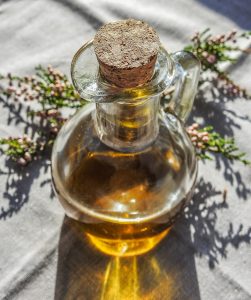
Suppose you want to get even better at oral hygiene cleaning, several products you may already use, but many of the commercial oral care products do a lot of damage to your overall health. For example, many commercial kinds of toothpaste have fluoride as an ingredient, and fluoride is a known toxin to human health. But what if you’re going to give your mouth a boost? To benefit the mouth, teeth, and gums, it is possible to use some essential oils. Likewise, essential oils are powerful and can naturally promote fresh breath because of their potency. Not only can they promote fresh breath, they can improve your oral health and overall health as well.
Read About The Danger Of Toxic Chemicals
It has long been popular to use essential oils in dentistry, which is on the rise. Integrative medicine is an ancient form of healing, and Americans are becoming more interested in natural healing alternatives to chemical therapies. In addition, there are many ailments and preventions that essential oils can aid, and they are often regarded as healing and preventative tools.
Read About The Danger Of Flouride In Water
Different methods are used to produce essential oils – either through extraction or distillation — depending on where the source comes from. There is no difference between essential oils sourced from leaves, roots, bark, flowers, or fruits – they are all derived from a plant source. However, it is uncommon that a small amount of pure essential oil can be produced from many, many pounds of plant material. Therefore, the purity of therapeutic oils produced is often expensive. In addition, to avoid skin irritation, essential oils should be diluted because they are often so potent.
Essential oils come in a wide variety of benefits, and the selection is endless. Currently, almost 3,000 types of oils have been identified. In the United States, coconut oil is almost universally used; it reduces oral bacteria and detoxifies by boosting antioxidants. The practice of oil pulling is also possible with sesame and sunflower oils.
Oil pulling
Oil-pulling was considered a natural way for the body to heal itself 5000 years ago in Ayurvedic medicine. [1]The practice of pulling oil has been in use by cultures throughout history. Generally, it is recommended to rinse with oil for about 10 to 15 minutes and then wash. Upon contact with bacteria, the oil draws toxins from the body.
Studies have found that oil pulling promotes gingivitis reduction and gum regrowth, as well as chlorhexidine rinse.
It has been demonstrated that coconut oil, which is not an essential oil (but is used to dilute essential oils), significantly reduces the S. Mutans bacterial count, which can be used at home alongside professional and recommended home care treatments, without adverse effects on health.
Our personal experience has been that there is no contraindication to the use of oil-pulling as a homeopathic or therapeutic treatment. As opposed to chlorhexidine, it comes in a non-staining form. In addition to the time commitment, oil pulling makes it challenging to rinse for longer than 10 to 20 minutes for many people.
Essential oils are beneficial for the gums and teeth
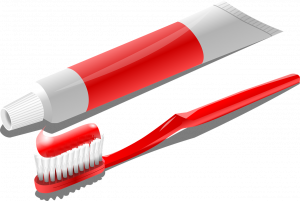
Important to note that essential oils do not replace regular oral hygiene practices such as brushing, mouthwash, and flossing every day. As an adjunct to oral health, they should only be used occasionally.[2]
Essential Oil Dilution Rate and Use Recommendations
First of all, NEVER use essential oils without diluting them because these oils are highly concentrated and could result in serious bodily harm. Secondly, Do Not Use essential oils on children under the age of 2 years of age. Consider the following recommendation when diluting essential oils to improve your oral health:
- For everyday use, the recommended concentration should be approximately 3% (this applies to products such as body butter, creams lotion, body oils, dilutions for oral care, etc.)
- For regular but infrequent use, the recommended concentration should be approximately 5% (this applies to products such as massage oils and hair treatments)
- For rare use, the recommended concentration should be approximately 10% (this applies to products like natural perfumes, muscle rubs, joint ointments – used once in a while)
- For children 6 years of age and under, the recommended dilution is 0.25%.
- For children 6 years of age and up, the recommended dilution is 1%.
Essential Oil Dilution Guide
Always Dilute Essential Oils
As mentioned previously, never use essential oils without first diluting them because they are highly concentrated and may irritate your skin if applied directly without dilution. Additionally, if the dilution is too high, your skin may become photosensitive when exposed to sunlight. ALWAYS DILUTE ESSENTIAL OIL.
Always Do Patch Test
It is important that you do a patch test on a small part of your skin to see if the diluted essential oil will cause harm and irritation before applying it to your whole body. Apply the diluted essential oil on a small patch on your leg and observe for 24 hours for any sign of irritation, redness, swelling, itching, etc. If there is a reaction, wash the area immediately with warm water and soap.
Never Apply Essential Oils to The Face
It is paramount that you keep essential oils away from your eyes and face. For respiratory relief, essential oils should be diffused or inhaled with steam.
Always consult your medical professional before using essential oils. The above recommendation may work for most, but some oils require special dilution.
Here are a few essential oils that will improve your oral health
Coconut Oil
Coconut oil is technically not an essential oil but it is a great carrier oil to be used to improve oral health. Gum disease and cavities can be prevented with coconut oil. Arginine, which is a component in saliva, reacts with lauric acid to produce the effect. It removes plaque adhesion and accumulation as well as cleans. Additionally, it has antimicrobial properties, which reduce the risk of tooth decay, and can keep gums moisturized, which is beneficial to people with dry mouths.
Tea Tree Oil
Gum disease and inflammation can be treated with tea tree oil. The world became aware of tea tree oil’s benefits shortly after introducing the Aborigines as an antiseptic. It is known to reduce inflammation and treat periodontitis. It can also be used for treating oral candidiasis (also known as thrush and yeast infections).
Myrrha Resin Extract
A therapy that uses Myrrha can decrease inflammation, kill bacteria, and treat gum disease. A tale of the Three Wise Men relates the use of Myrrha, also called Myrrh. The antibacterial properties made it worthwhile for embalming. However, research now indicates that it can also improve oral healing, reduce gum disease, and reduce oral inflammation. This essential oil is an excellent addition to natural toothpaste to improve oral health.
Essential Oil of Eucalyptus
The benefits of eucalyptus oil include treating pain, decreasing inflammation, reducing infections, and improving healing and oral health. Several benefits can be derived from this ancient remedy. Studies indicate it has antibacterial and antiplaque properties, allowing it to fight gum disease and help prevent decay. The herb has traditionally been used for healing wounds, addressing pain, and reducing inflammation as well. There is a strong yet refreshing flavor to it. It combats bad breath in addition to the other benefits of oral health.
Clove Flower Oil
Toothaches can be relieved with clove oil, which kills bacteria. There is ample evidence to suggest that in dentistry today, eugenol encourages analgesia and helps reduce inflammation. It is also confirmed by further research that it inhibits bacterial growth.
Cinnamomum Bark Oil
Tooth decay-causing bacteria are killed by Cinnamomum zeylanicum. Cinnamon bark oil is a spice that is produced from cinnamon bark. Scientists found that cinnamon bark oil repelled harmful bacteria the most of all essential oils tested.
Ylang-ylang
The anti-inflammatory properties of Ylang-Ylang help inhibit biofilms, kill bacteria, and reduce inflammation, essentially improving your oral health. Research has shown that ylang-ylang possesses thousands of beneficial compounds, in addition to its everyday use in cosmetics or aromatherapy. However, biofilm is a crucial factor in causing decay and periodontal disease, and some products reduce inflammation, others attack the bacteria themselves, and others target the biofilm.
Final Thoughts
Essential oils are a great remedy for improving oral health. Several essential oils have been shown to relieve toothache pain, including clove and frankincense. It is best to dilute essential oils for tooth pain before applying them to the mouth. Essential oils cannot replace a dentist’s care. A dental appointment is necessary if you are experiencing pain, inflammation, or swelling.
To Your Health!
References
- Amith HV, Ankola AV, Nagesh L. Effect of oil pulling on plaque and gingivitis. J Oral Health Comm Dent 2007;1:12-8.
- Charles, C. H., P. C. Pan, L. Sturdivant, and J. W. Vincent. In vivo antimicrobial activity of an essential oil-containing mouthrinse on interproximal plaque bacteria. J Clin Dent 2000. 11:94–97.

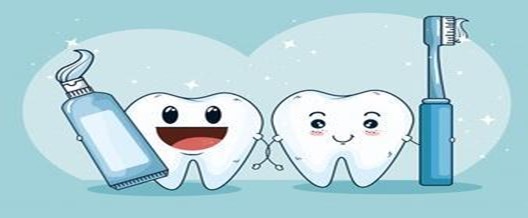





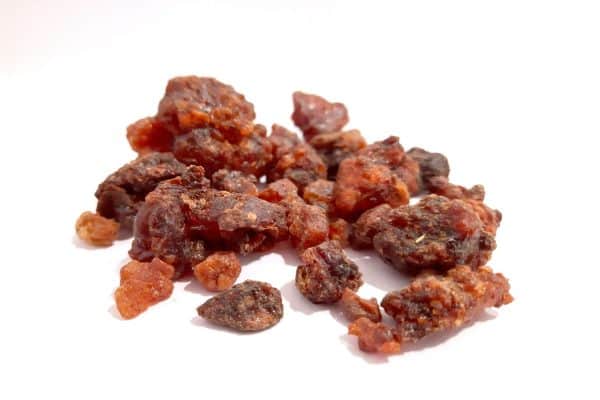
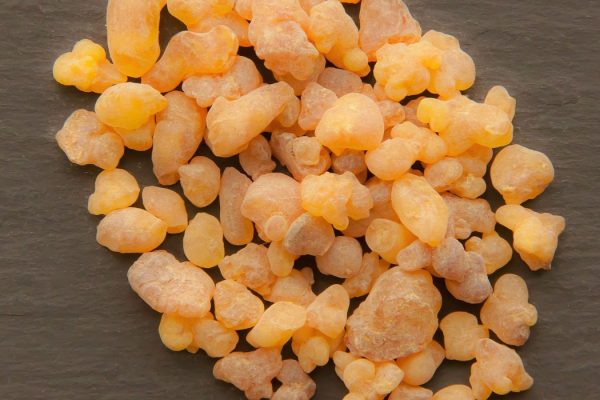


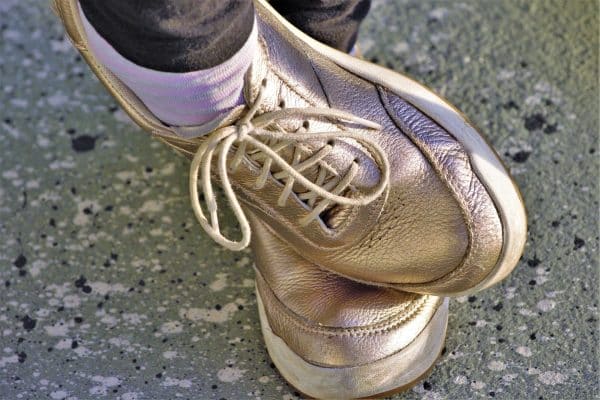


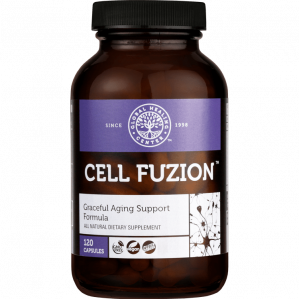
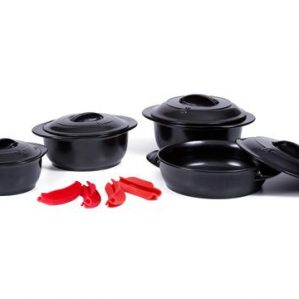
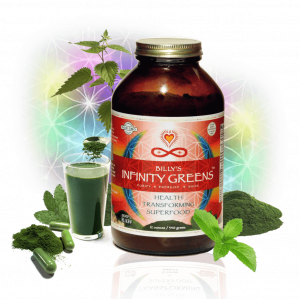
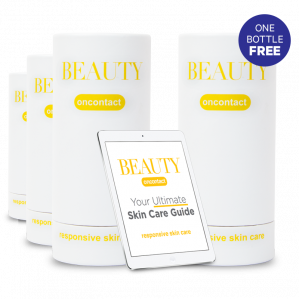
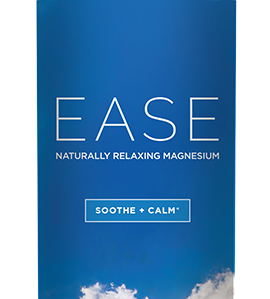











2 Comments
[…] >>>Improve Your Oral Health with 6 Extraordinary Essential Oils<<< […]
[…] growing interest in holistic oral health suggests that not all bacteria are harmful, which confirms what doctors have told us since […]